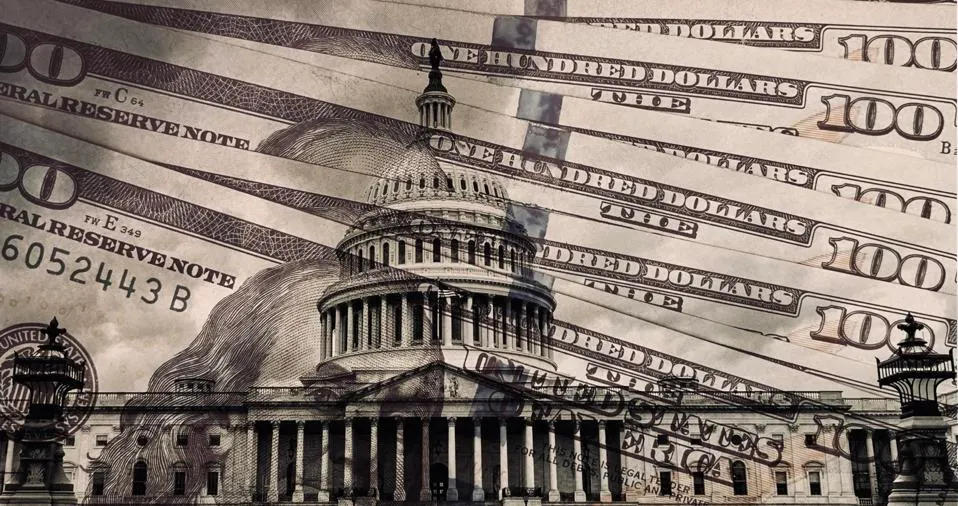
If you have been keeping up with the news recently, you have heard about all of our economic problems. The laundry list includes tariffs, inflation, stock market crashes, and investor concern, among other troubles. Yet, the most ominous sign for the US economy’s long-term trajectory has flown under the radar – a 29 trillion dollar sell-off of US Treasury bonds, according to Reuters on April 10th.
What are bonds?
Treasuries are debt obligations issued and backed by the full faith and credit of the US government. Since they are considered to have low credit or default risk, they generally offer lower yields relative to other bonds, according to Fidelity. In essence, they are low-risk investments in the US government. It was assumed in the past that these bonds would always be paid off. Now, investors are starting to question that theory.
Why are investors doubting the US bond market?
This theory is being questioned for a few reasons – the US trade war with China, recent tariffs, protectionist policies, and diminished confidence in US institutions are the key causes for concern, according to Euro News on February 9th. Essentially, the US government and financial system, which used to be viewed as the most powerful in the world from both a financial and global influence perspective, is no longer the most powerful. Investors fear a failing US, with protectionism and tariffs demolishing the US economy, as evidenced by the recent stock market crash, where, according to Newsweek, the Dow dropped 14.1 percent, the S&P 500 17.4 percent, and the tech-heavy Nasdaq Composite 22.3 percent. Investors' worries go beyond just the financial crash, however.
Remember that a US Treasury bond was, until now, considered the safest form of investment, and was even labeled the gold standard of an investment. It was inconceivable that a bond would not be paid off, or that it would be devalued, as a devalued US bond would mean a Great Depression level collapse of the US economy.
Why this matters
Unfortunately, the bond crash will hurt everyone. As ABC News explains, the bond selloff carries direct implications for everyday people, since rising yields drive up interest rates for the loans on which many consumers rely.
Additionally, this crash will have more indirect effects such as inflation, bank failure, and increased market volatility. Economists have been raising the probability of a recession happening this year in the United States, with Morningstar’s Preston Caldwell placing the likelihood between 40 and 50 percent.
Essentially, markets are crashing, while domestically, the rule of law is being undermined. Thus, bonds are crashing as people contemplate the destruction of our global economy and world order.
The long-term implications of this poor economic reality greatly outweigh the short-term stressors. A falling bond price can create a “Sell America” mindset among investors and policymakers alike. Trust in the US government is rapidly falling, and US Treasury bond sell-offs are a mere symptom.
More sinister is the erosion of trust in the American economy and the American hegemonic model throughout the world. As America turns its back on allies, reciprocates tariffs through an Algebra One math problem, and cracks down on free speech, trust in our economic systems and government is falling rapidly. Remember, US treasury bond sell-offs are selling trust in the US government.
For people like me in high school, college, and young adults, this will be our problem. Bill Gross (a well-known investor) explained to Fortune that “This market ‘crash’ will affect millennial and Gen Z investors for long to come. What before was a can’t miss way to make money will induce caution and more conservative attitudes.”
Ultimately, we will need to fix this problem and help save America's global reputation. We, as young Americans, will inherit this fragile, bottoming economy, and a disrupted world order as a whole. While I cannot predict the future, it is certain that the day-to-day lives of millions of Americans will get worse before they get better. And if they are to improve, it will be Gen-Z in politics, law, business, economics, medicine, and research leading the way (if there is any research left).